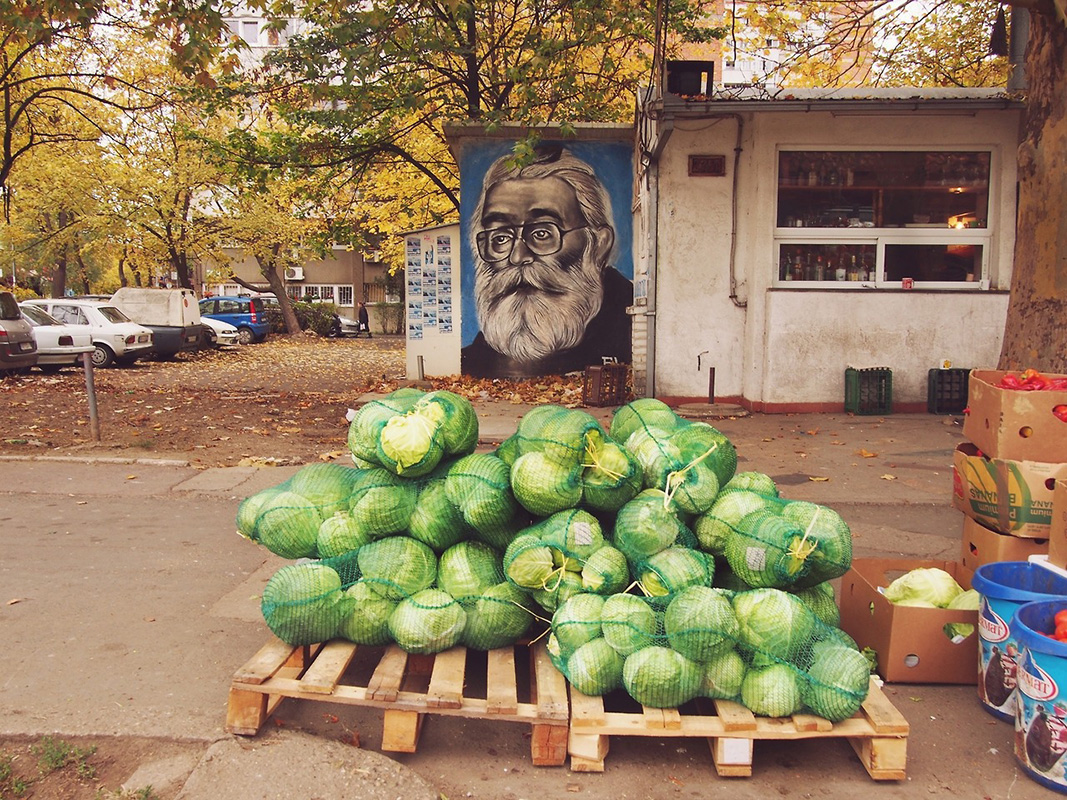The future, Mr. Gittes! The future. (Chinatown)
It’s not my area of expertise, but, since I disagree with what is being written about the verdict of the Hague Tribunal, I need to say what’s on my mind.
A verdict, any verdict, especially for the crime of genocide, if it is just, is also just for the convicted. So, the convicted and those who supported him are expected to express some kind of, if nothing else, understanding of why their actions were wrong. It is not only sensible, but also moral. If they don’t at least understand that they weren’t supposed to do what they did, the validity of the verdict will be confirmed, but the moral consequences, primarily the public ones, will be compromised. If for no other reason, then because no change in future behaviour will be accomplished. Psychologizing or sociologizing the convicted is irrelevant. Regardless of how true it can actually be.
The number of people who understand, regardless of whether they are prepared to publicly admit it, that what they did or supported was intellectually, politically, and above all morally unjustifiable, is devastatingly small. It’s not only Vucic and all those currently in power, though, of course, their culpability is the greatest. All those who supported Karadzic or Mladic, all of their senators, counselors, ideologists and intellectual, literary, and trade opportunists, all of them should have at least some kind of public relation to these verdicts. They should at least understand them, even if they refuse to accept them. And it seems that none of them do.
Let’s assume that their claim that this verdict is against the Serbian people as a whole is true. What should be the Serbian people’s public reaction? One would expect the people to face what was done and contemplate on the conditions and reasons which led to that. The verdict is detailed and comprehensive. The crime which was already established and now confirmed was – genocide. And other crimes are also severe. The verdict will be appealed against, which means that its validity will be challenged. But, it’s not like anything the verdict states was previously unknown. So, one would expect those who participated in the crimes and those who justified the actions which led to the crimes to face the temporary, or, if they would prefer to wait, final verdict and ask themselves how they could have been so wrong, morally, above all? And this isn’t happening in the Serbian public.
Vucic said that now is not the time for happiness or sorrow, that we should instead look towards the future. How? How are he or former president Nikolic supposed to look towards the future? They weren’t just instruments of evil politics, they were responsible for it. They didn’t make mistakes out of ignorance or good intentions, although these would also not be acceptable explanations. They all knew what they were doing. And when you list all these crimes they knew about in one verdict, how can one look towards the future without first accepting the demands of justice?
Can they, at least for once, miss an opportunity to publically embarrass themselves? For example, by drawing new borders on the maps. Can at least one of them say that he understands that all of that was not only unsuccessful, but also horrible and criminal? Or are they all going to repeat the grim calculus of Dobrica Cosic: maybe we did commit horrible crimes, but at least we conquered the territory. For our people, for the church, for history and, of course, for the future. That’s the final consequence of that premise that all those who are convicted were only tools of a political crime. They all just did their duty, followed their orders. And for those who escaped justice, they don’t even need it. They have all that future.
Translated by Marijana Simic
Peščanik.net, 02.12.2017.
- Biografija
- Latest Posts
Latest posts by Vladimir Gligorov (see all)
- Kosmopolitizam je rešenje - 21/11/2022
- Oproštaj od Vladimira Gligorova - 10/11/2022
- Vladimir Gligorov, liberalni i nepristrasni posmatrač Balkana - 03/11/2022



